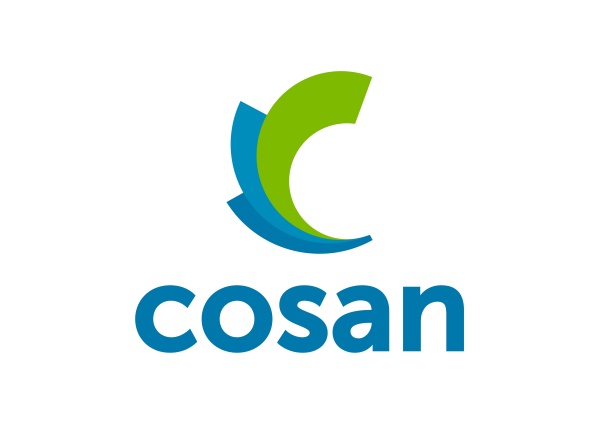
Six years ago I was at the Hotel Monaco in San Francisco with the Brazilian ethanol entourage led by then Minister of Development and Foreign Commerce, Luiz Fernando Furlan. The ministry requested my assistance in setting up meetings with U.S. ethanol interests and the California state government. Minister Furlan was shopping Brazilian biofuel as California banned MTBE in favor of ethanol as the preferred oxygenate for gasoline. He knew the U.S. better than most North Americans and thought the time was right for promoting the ethanol X flex fuel model for passenger vehicle transportation in the U.S. Besides, he was also busy advancing the sensible solution to the commercial conflict surrounding the protective U.S. tariffs levied on Brazilian ethanol at the request of the U.S. corn growers who converted their crops into ethanol behind the tariff and through a maze of federal and state government subsidies. Minister Furlan was proposing that the tariff be lifted on those ethanol imports needed to meet that portion of the demand that outpaced national production. In between meetings I was speaking with British Petroleum/BP’s executive in charge of ethanol and in a candid moment he told me, “Mark, we’re actually in favor of the tariff, otherwise we’d be selling ethanol, not gasoline.”
Six years later the U.S. is still stuck in the corn mush and behind those punitive tariffs on Brazilian ethanol, but don’t cry for Brazil. Cosan, Brazil’s largest producer of sugar and ethanol, is on the verge of a blockbuster deal with Royal Dutch Shell to create a biofuel giant that will produce 2 billion liters of ethanol a year and possibly stretch around the world (I meant to write China!). The $12 billion dollar deal merges Cosan’s ethanol production with Shell’s distribution, scaling up efforts to meet Brazil’s own rising demand for the fermented sugarcane juice that emits fewer greenhouse gases and is priced to beat gasoline at the pump. Much of this deal is about Brazil’s own domestic market, but it is also proof of the biofuel bonanza as both Cosan and Shell prepare for a global market in ethanol. Last year, Cosan gobbled up the U.S. based Exxon-Mobil’s Esso chain of gasoline stations in Brazil and, with Shell on board, the company is now vertically integrated, from sugarcane cultivation to the pump. Also, Cosan is busy buying up farmland, principally in the Center-West state of Goias, to expand cultivation as other major private oil multinationals search for strategic alliances to gain a share of Brazil’s biofuel bonanza.
Amidst the scramble for ethanol assets, Bunge sold off its fertilizer business to Vale after it had inked a deal with Moema, another large Brazilian sugar and ethanol producer, and the French commodities dealer, Louis Dreyfus, is now aiming at a stake in Santelisa Vale, another Brazilian sugar and ethanol producer. Even Archer Daniels Midland (ADM), the prime beneficiary of the U.S. protective tariff, has been buying up sugarcane farmland and ethanol production facilities in Brazil, all but confirming the biofuel bonanza. In the midst of such investor confidence, Brazil is poised to lift their own tariffs on imported ethanol (a holder over from the past) and China is angling to secure long term supply contracts for the fuel alcohol. Despite the U.S.-Brazil Biofuel Cooperation pact signed in 2007, U.S. policy remains rooted to the corn lobby and a policy that punishes U.S. consumers and the environment.
It is fair to say that oil companies like Shell and BP would prefer to dig out petroleum and sell gasoline than mess with ethanol, and maybe even later, biodiesel. Yet, increasingly these fossil fuel conglomerates must contend with the biofuel bandwagon as countries turn toward the most efficient way of cutting greenhouse gas emissions in the transportation sector while developing domestic sources of renewable energy. Minister Furlan’s deal is still sensible, but increasingly irrelevant as countries such as China, and oil companies such as Shell, jump on the bandwagon. Brazil and its biofuels are now in the driver’s seat.